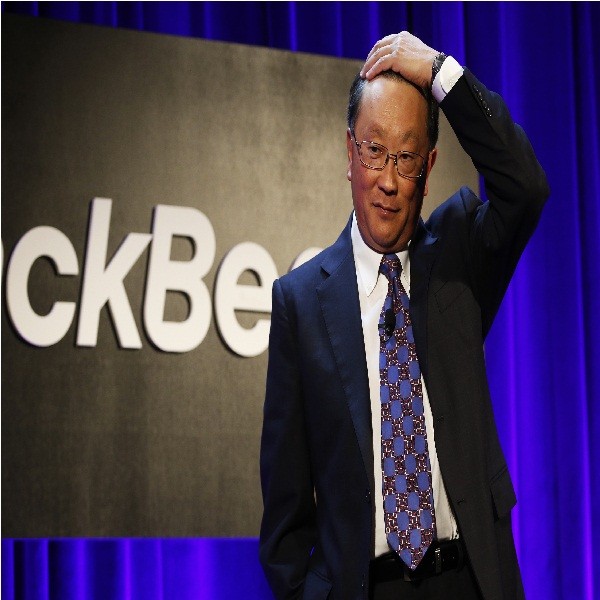Blackberry, the handset maker that had been a player primarily in the enterprise segment of the technology market is gradually losing market share, even in that segment. Its current share of the global smart phone market has fallen to less than 1%, according to the Wall Street Journal.
In recent months it has been trying to shore-up its declining revenues through newer business and revenue strategies. The latest effort in this direction is its strategy to sell a suite of software called 'BlackBerry Experience Suite' to customers across all handsets and operating systems, Cnet reported.
The BlackBerry Experience Suite comprises of three kinds of software: productivity; communication and collaboration; and security. The software set will include its Hub portal (to see e-mails, messages and social updates;) software power-management tools; viewing and editing capabilities across platforms; and security enhancements to prevent data theft and protect personal files.
This move is significant for a number of reasons. Traditionally, Blackberry has tried to focus on its own operating system and has tended to see the iOS, Android, Windows and Samsung operating systems as rivals to its own system.
But today, since its position in the smart phone market has been largely decimated, its own operating system has also gradually lost significance. Hence Blackberry's strategy will now be to sell its software across all the other operating systems/platforms. Hence their software will now be positioned to work with, rather than be incompatible with, rival operating systems such as iOS, Windows, Android and Samsung.
Blackberry has said though that this move does not mean it will abandon the hardware products business. It is estimated that even today roughly three-quarters of the company's revenues come from hardware. Indeed, the target set for the new focus on software revenues is to generate $ 500 million under that head in fiscal year 2016.



























